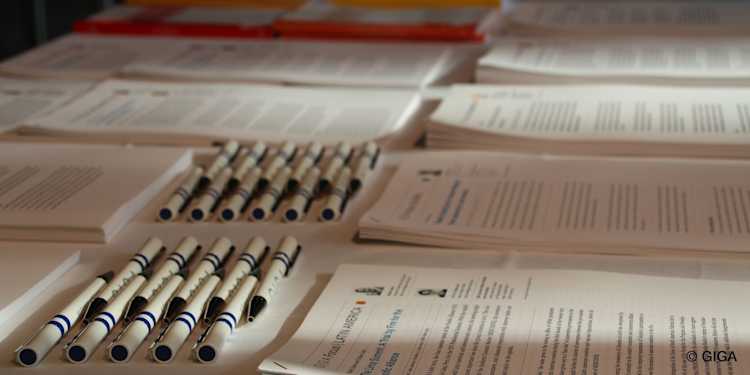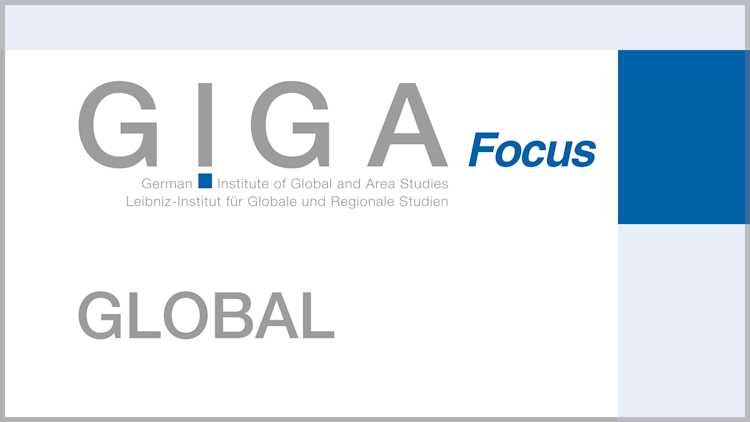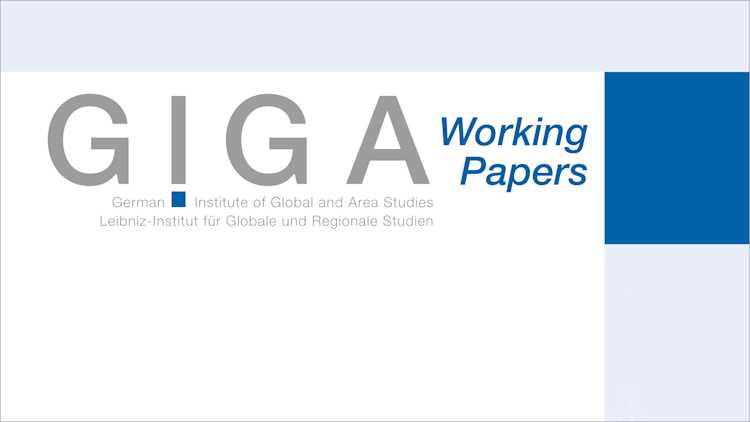- Home
- Publications
- GIGA Focus
- Myanmar: The Beginning of Reforms and the End of Sanctions
GIGA Focus International Edition English
Myanmar: The Beginning of Reforms and the End of Sanctions
Number 3 | 2012 | ISSN: 1862-3581
On 23 April 2012, the European Union (EU) suspended its sanctions against Burma/Myanmar in response to a series of domestic political reforms that have been enacted since Thein Sein became the new president in March 2011.
Analysis
Since March 2011, Burma/Myanmar has witnessed a liberalization of the press, the release of political prisoners and the initiation of a political dialogue between the regime on the one hand and the opposition and ethnic groups on the other. The reforms culminated in by-elections on 1 April 2012, which in turn resulted in a landslide victory for Aung San Suu Kyi’s National League for Democracy (NLD). Overall, political reforms in Burma/Myanmar are being initiated from “above.” They are elite-driven and stem from the president and progressive members of the military-dominated party, the Union Solidarity and Development Party (USDP).
Political reforms in Myanmar are a regime reaction to both internal and external factors. Internally, the military felt secure enough to embark on the slow liberalization of the political system. Externally, the growing economic presence of China seems to have worried the generals.
Progress is, however, slow, uneven and very fragile. Hard-liners within the regime still threaten the reform process. Moreover, the influence of the military within the political system and the economy is still pervasive.
The EU has responded to the reforms by suspending almost all existing sanctions, with the exception of the arms embargo and the withdrawal of trade preferences, while starting to employ “carrots” such as development aid.
By EU standards, agreement on the suspension of the virtual entirety of sanctions has been reached remarkably swiftly. The exclusion of the arms embargo from the suspension reflects the EU’s policies on armaments supply. The resumption of trade preferences will require a separate, lengthier legal process.
Footnotes
Regional Institutes
Research Programmes
How to cite this article
Bünte, Marco, and Clara Portela (2012), Myanmar: The Beginning of Reforms and the End of Sanctions, GIGA Focus International Edition English, 3, Hamburg: German Institute for Global and Area Studies (GIGA), http://nbn-resolving.de/urn:nbn:de:0168-ssoar-309632
Imprint
The GIGA Focus is an Open Access publication and can be read on the Internet and downloaded free of charge at www.giga-hamburg.de/en/publications/giga-focus. According to the conditions of the Creative-Commons license Attribution-No Derivative Works 3.0, this publication may be freely duplicated, circulated, and made accessible to the public. The particular conditions include the correct indication of the initial publication as GIGA Focus and no changes in or abbreviation of texts.
The German Institute for Global and Area Studies (GIGA) – Leibniz-Institut für Globale und Regionale Studien in Hamburg publishes the Focus series on Africa, Asia, Latin America, the Middle East and global issues. The GIGA Focus is edited and published by the GIGA. The views and opinions expressed are solely those of the authors and do not necessarily reflect those of the institute. Authors alone are responsible for the content of their articles. GIGA and the authors cannot be held liable for any errors and omissions, or for any consequences arising from the use of the information provided.







